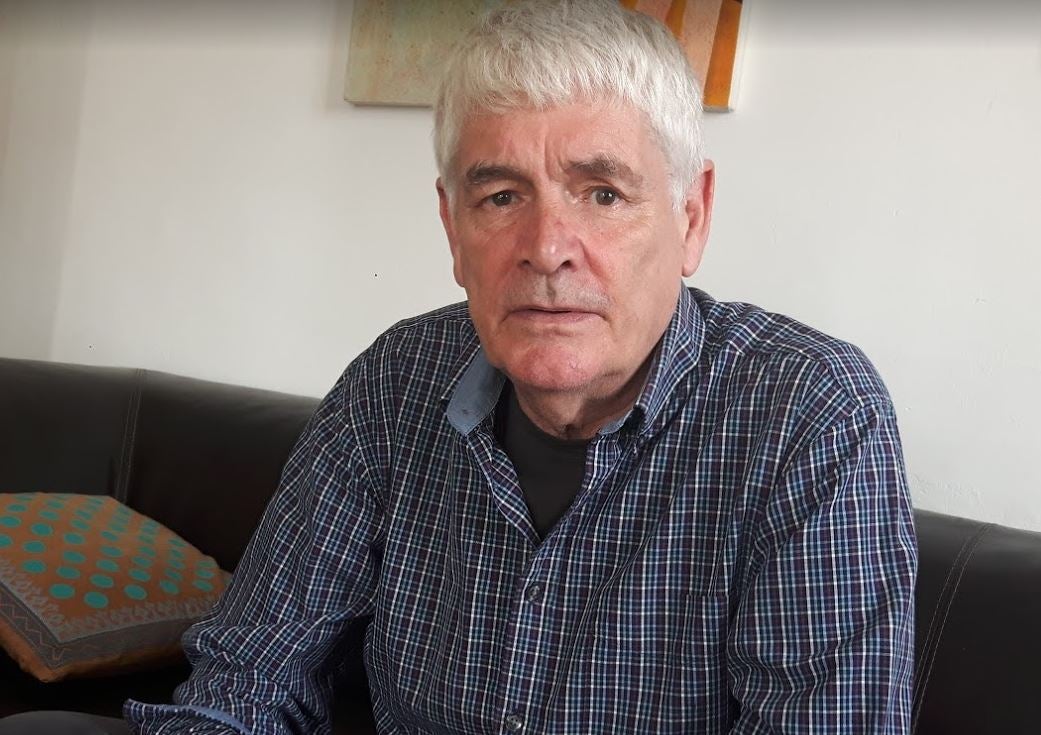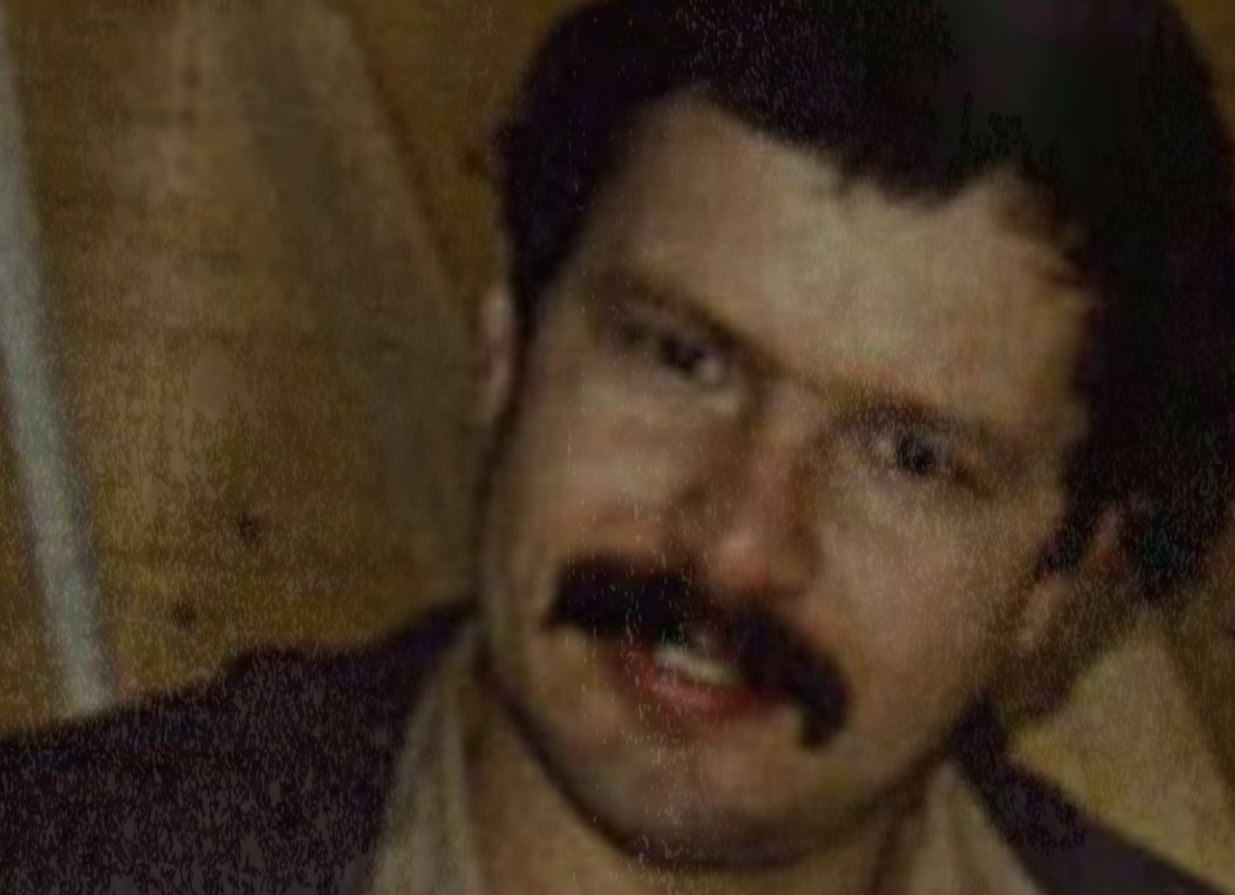
As Ofcom ponders whether to approve Rupert Murdoch’s £12bn take-over of Sky a new book has been published which chronicles decades of corruption in the UK arm of his media empire.
Untold tells the story of Alastair Morgan’s 30-year-fight to secure justice for his brother, private investigator Daniel, who was murdered with an axe in a south London car park.
Co-written with Peter Jukes, the book has been published around a year ahead of the expected report of the Daniel Morgan Independent Panel.
The panel was convened by the government in 2013 to probe – among other things –the role of police corruption in five failed Daniel Morgan murder inquiries and “connections between private investigators, police officers and journalists at the former News of the World and other parts of the media, and alleged corruption involved in the linkages between them”.
Alastair told the Press Gazette podcast: “We originally planned to publish [the book] after the report. Then the report was delayed by another year. My mother is 89 years old and in some way the book is a memorial to my brother.
“I also wanted it as part of the debate on the Sky bid and the outstanding issue of Leveson Two.”
The Met Police has acknowledged that the motive for Daniel Morgan’s murder was probably that he was looking to expose a south London drugs network possibly involving corrupt police officers.

Daniel Morgan
The book has testimony from well-placed sources who believe Morgan was looking to sell such a story to a Sunday newspaper.
The book chronicles the failed police investigations and the collapse of a trial in 2011 for technical reasons.
Daniel’s former Southern Investigations business partner Jonathan Rees denied paying another man to kill him. Sidney Fillery, a Met Police officer involved in the original inquiry who left the police to work with Rees, also denied wrongdoing.
Untold takes the story up to the point where the Hillsborough-style panel investigating the case began four years ago.
The book grew out of a podcast of the same name which was launched a year ago with £10,000 of crowdfunding and generated millions of downloads in the UK and US. Ten new episodes are now set to released on coincide with the book.
Alastair’s partner, the BBC journalist Kirsteen Knight, has been closely involved with his campaign for more than 20 years.
She said: “Southern Investigations became a hub of ex bent police officers serving bent police officers and an interface between the underworld and a huge business in illegal information selling, much of which was sold to newspapers.”
Its work included supplying bank details, “blagging” other confidential information, making covert recordings and involvement in stings of various kinds.
The News of the World’s most notorious involvement in the case came in 2002 when it commissioned the surveillance of Dave Cook, the officer in charge of the fourth inquiry into the murder, and his partner Jacqui Hames.
While Alastair is deeply concerned about the close business links between some journalists and those he suspects of involvement in his brother’s killing, he has also relied heavily on the help of honest journalists to keep the story alive.
Kirsteen said: “When we first got together 24 years ago we used to try and try and get journalists interested. But largely because of the libel laws, trying to say anything about police corruption was very difficult.”
Alastair: “The inquest was copiously covered by the press in 1988. After that it went completely dead. Its been a real struggle to get information out in the media.”
He said that the first sustained media interest came when the Old Bailey trial pre-hearings began in 2009, because of Rees and Fillery’s known involvement with the News of the World and the fact that the hacking scandal was then beginning to unfold.
Asked why he thinks journalists have not written more about the story over the years, Alastair says: “I think press embarrassment is one of the factors because if you dig into it, how deeply involved the redtops were with the suspects for so many years, it’s embarrassing for journalism.
“You could hardly say this was journalism’s finest hour.”
Kirsteen adds: “We were at an event where we were introduced to a Mirror journalist who said: ‘Your brother’s case is fascinating, come and talk to me about it some time, but I can’t actually write about it, it’s too political’.”
Rees worked extensively for the Mirror titles as well as the News of the World.
She adds: “To be fair to journalists though it is a very difficult story to tell, it dousn’t fit into a neat queue on the BBC or a short news piece because it just is so complicated. That’s why the book has been so important because where the story is interesting is in the detail and you can’t do that in a short news piece.”
Alastair says: “To be fair lots of journalists over the years have done a little bit here and a little bit there wanting to help, it was a lifeline in a sense, and kept it from disappearing completely from the public eye. From my point of view I had to fight a like a dog to get that.”
Asked what he thinks are the key new media revelations in the book, he says: “The interaction between the senior levels of the police and senior levels of the News of the World, the various meetings, the timing of those meetings, what happened after them and what happened before them, that’s the really interesting bit.”
The book’s great unanswered question is whether Morgan went to the media with his story about police corruption before his death and whether a journalist was in any way complicit in the events leading to it.
What the book does chronicle, without question is – as Alastair puts it “25 years of interaction and business involvement between the suspects and senior journalists at the News of the World, and you think what the hell is going on here. And I believe we still haven’t got to the bottom of that.”
The Morgan family are among those calling for part two of the Leveson Inquiry to take place. This would probe police involvement with journalists and phone-hacking, something which could not be looked at during the first inquiry when criminal proceedings were active.
He said: “This case would fit ideally into Leveson two. There are judicial powers they can use to subpoena witnesses, a panel can’t do that.”
Asked what his campaign’s key objective now is, he says: “A successful prosecution is a remote possibility after the mess that the case has become legally, but more of the truth really – and accountability. What happened in those investigations in detail.
“Police corruption needs to be looked at very closely and in particular this fusion between police and media corruption.”
Untold: The Daniel Morgan Murder Exposed by Alastair Morgan and Peter Jukes is published by Bonnier priced £14.99 available from 18 May.
Email pged@pressgazette.co.uk to point out mistakes, provide story tips or send in a letter for publication on our "Letters Page" blog
